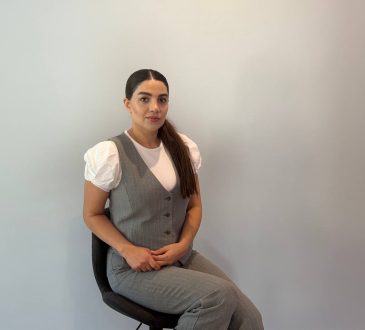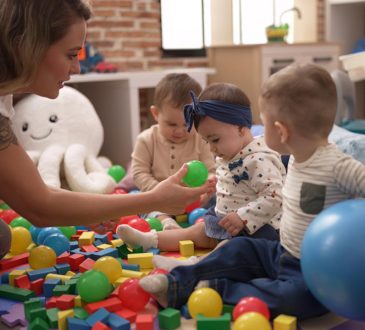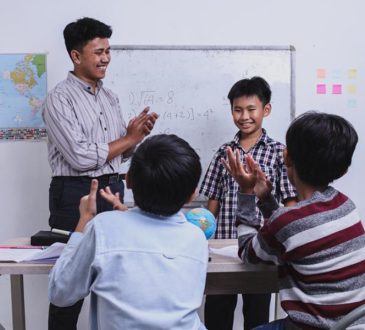
Introduction
Early child education has an important place in development of society. This includes birth to about eight years of age during which children experience rapid cognitive, emotional, and social development; in this phase, it is educators who are central to creating the way for children to learn, to behave and experience the life. The article examines what is expected during those early years and the vast impact that people hold on them as educators.
Building a Strong Foundation
The early childhood dyslexia tutoring des moines is placing the foundation for their future learning. This means not only learning an academic sense but also developing a person emotionally and socially. They assist children in learning basic skills such as communication, problem-solving, and emotional regulation through other structured or non-structured activities.
Promoting Social Development
Early childhood educators will help the children learn how to interact with others. This involves sharing, knowing how to wait his turn, and respecting the feelings of others. Helping children learn to develop positive social skills, helps them form healthy relationships with their peers and adults crucial for creating healthier people.
Encouraging Cognitive Growth
Children are observant learners in early childhood because their brains are developing rapidly. Educators are essential in nurturing this growth by presenting concepts and assisting children to make sense of the world. Puzzle games and experience-based experiments encourage kids to learn how one event leads, in part, from another so that the outcome is not necessarily redefined but appreciated as a possibility rather than an obstacle.
Teaching Emotional Regulation
Young children are still working on managing their feelings. Through positive reinforcement, modeling, and gentle guidance our educators help them identify the types of feelings they are experiencing and find healthy ways to manage how those feelings surface. Teaching children to deal with feelings of frustration anger, and sadness enables them to develop emotional intelligence that is crucial when it comes to challenges later on their journey.
Cultivating a Love of Learning
However, love for learning is one of the most vital responsibilities an early childhood educator plays. Helps kid’s associate learning with happiness and curiosity by building a positive, entertaining, and immersive environment for studying educators show their students to be happy when they are educated. It will cultivate a positive attitude toward education that can benefit them in their other school years.
Advance in Physical Development
Early childhood educators also play an essential role in physical development. Educators enhance the gross motor skills of children through running, jumping, and playing toys with. They provide a learning experience for children in terms of the need to be physically active and healthy, which lies ahead once they reach into adult hood.
Accommodating Children’s Hobbies
A wonderful educator will know how to modify lessons for the pleasure of kids. If a group of kids seems to like animals, for instance, the educators may bring books or games into the theme pretending they are going to be working on something about that subject. This sort of flexibility keeps children on their toes and learning becomes more dynamic, fun and relatable.
A dyslexia tutoring des moines in a nursery class has to perform several activities apart from merely teaching academic skills. Educators who provide a safe, nurturing, and challenging environment where children can thrive are the ones who really ‘set up’ your kids for future success in school and life. That influence during these formative years has a lifelong effect molding fearless, innovative, and able people.




